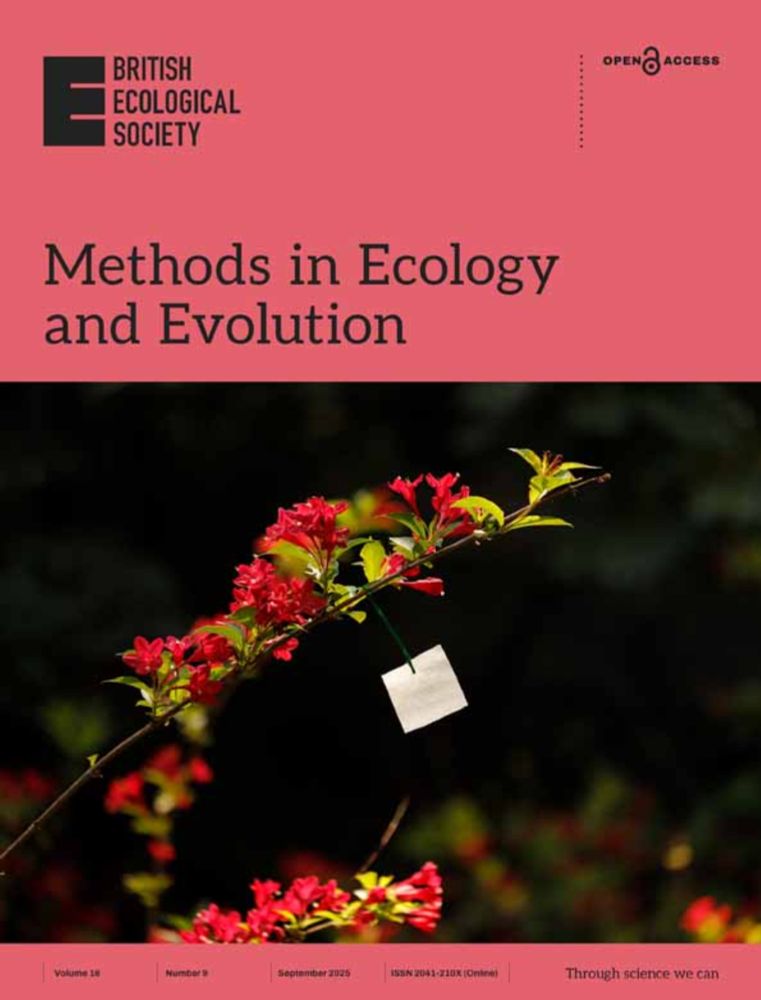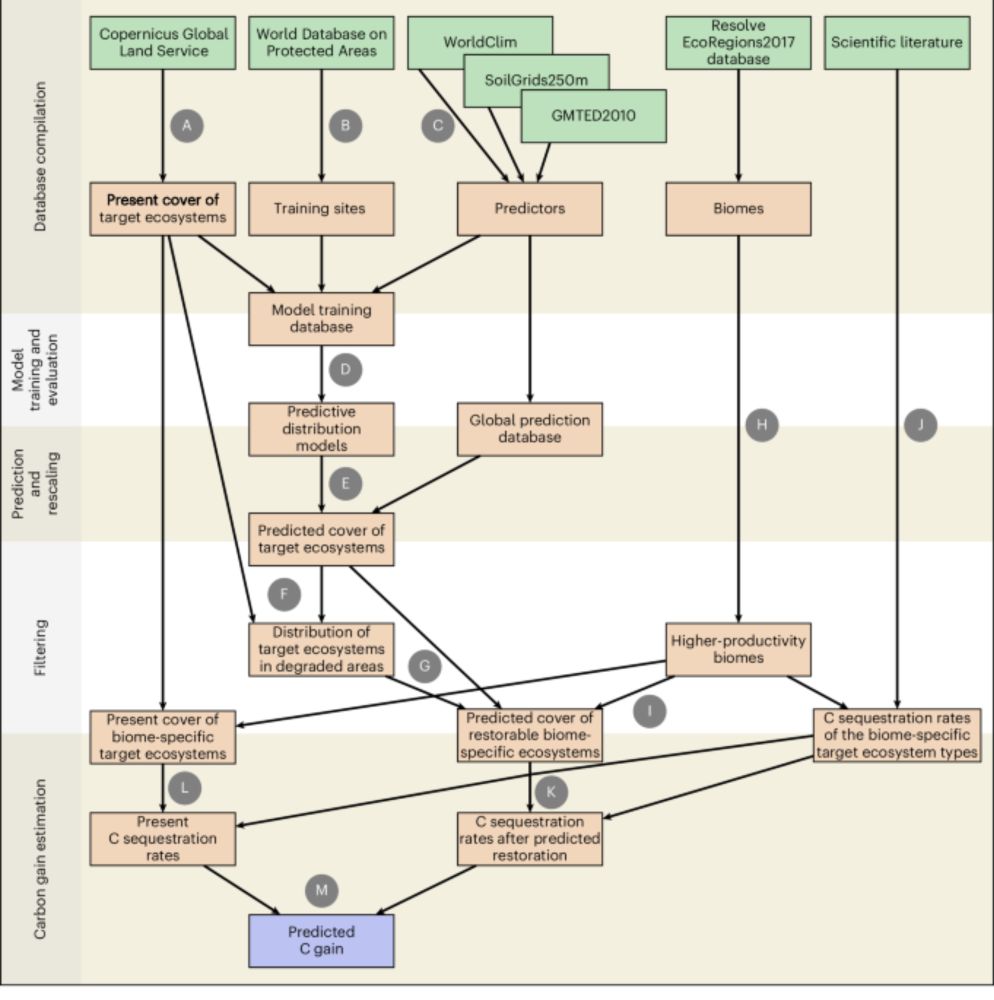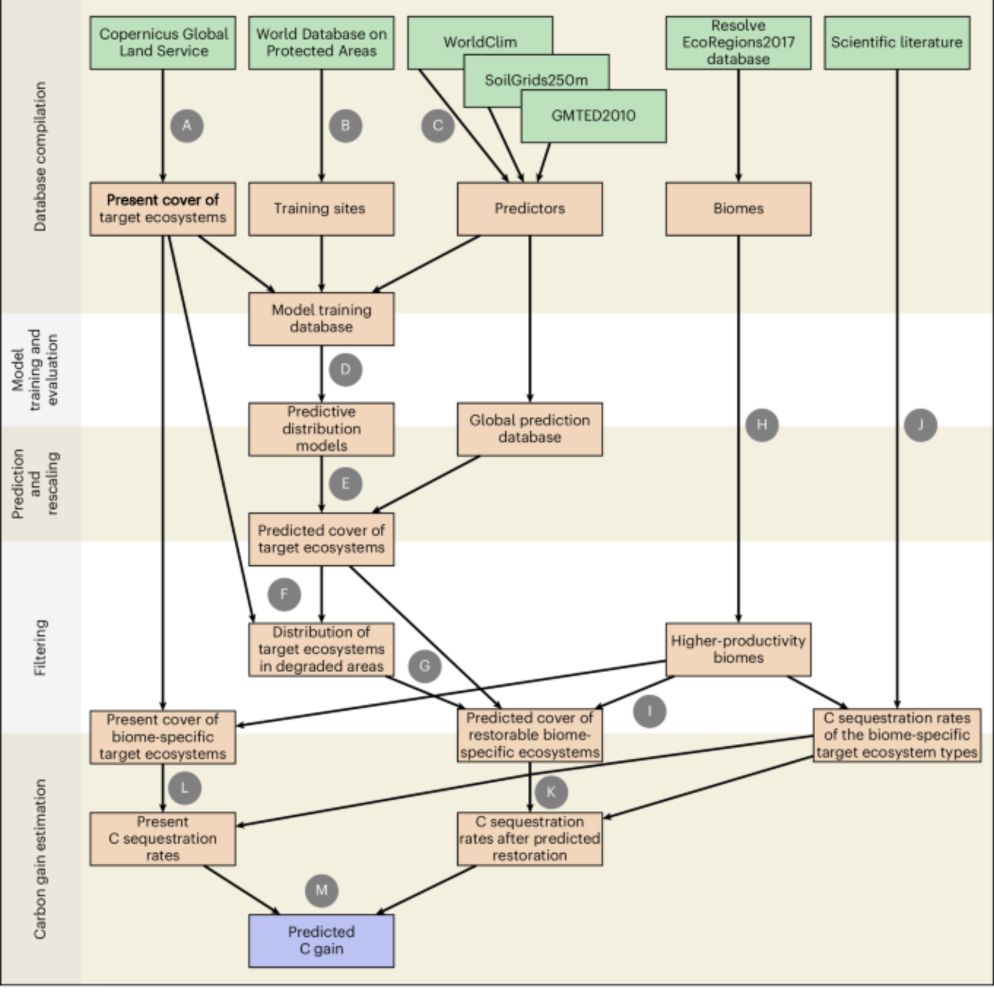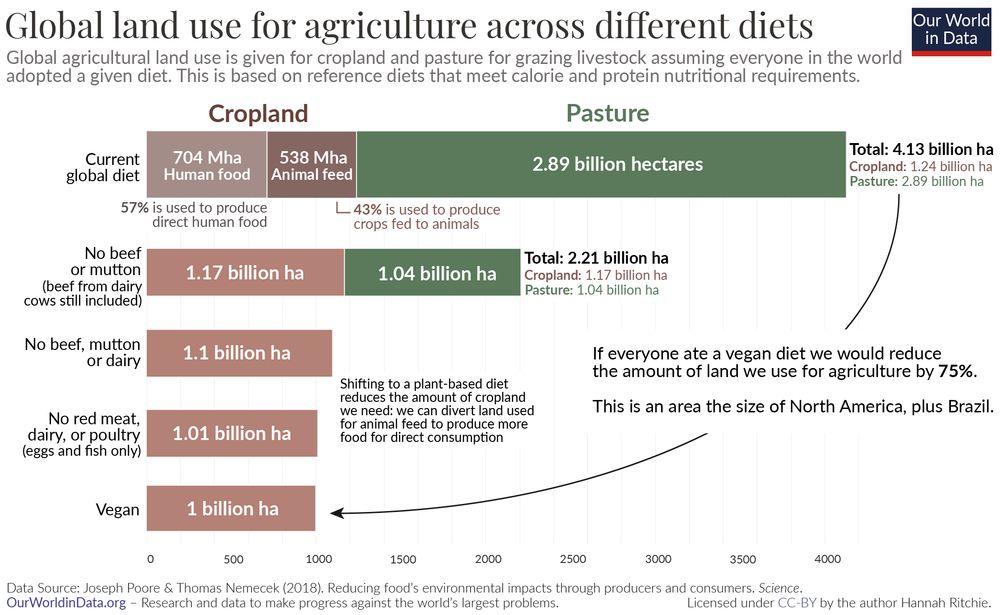
Phd student at Aarhus University. Broadly interested in conservation biology, rewilding, megafauna ecology, global change & biodiversity.




Please share!
Reposted by Ming Ni, Jonas Trepel


#ECONOVO #Biodiversity #savanna #SouthAfrica #Rewilding
Reposted by Julian Schrader, Jonas Trepel

Funded by an ARC DECRA awarded to the amazing Dr Ilaíne Matos and co-supervised by Dr Sami Rifai and me!
Limited by the character limit here, so please see the attached flyer for all the details - please share widely!

Nice combination of fieldwork and meta-analysis, co-supervised by @jonastrepel.bsky.social and ejlundgren.github.io




Please share widely!




Nice combination of fieldwork and meta-analysis, co-supervised by @jonastrepel.bsky.social and ejlundgren.github.io
Reposted by Jonas Trepel


Reposted by Jens‐Christian Svenning, Jonas Trepel, Hansraj Gautam

➡️ buff.ly/zqRgqqo
@jonastrepel.bsky.social @joe-atkinson.bsky.social @andrewabraham.bsky.social @jessekalwij.bsky.social @jcsvenning.bsky.social @econovoau.bsky.social

Reposted by Jens‐Christian Svenning

@joe-atkinson.bsky.social , @andrewabraham.bsky.social, @jessekalwij.bsky.social, @jcsvenning.bsky.social, @econovoau.bsky.social, Rob Buitenwerf, Liza le Roux, Londiwe Mokeona, Michelle Greve, Steven Khosa, Caroline Makofane, Anika Oosthuizen & more! (3/3)
Reposted by Jens‐Christian Svenning

Reposted by Jens‐Christian Svenning




Reposted by Oliver L. Phillips, Jonas Trepel

The wipeout of the largest mammals is a global phenomenon that we see across many regions.
Reposted by Jens‐Christian Svenning, Oliver L. Phillips, Simon L. Lewis , and 19 more Jens‐Christian Svenning, Oliver L. Phillips, Simon L. Lewis, Ana S. L. Rodrigues, Ben Bond‐Lamberty, Mathias Disney, Pieter A. Zuidema, Patrick A. Jansen, Stephen D. Murphy, Tommaso Jucker, Markus P. Eichhorn, Andrew Hacket‐Pain, Ferran Sayol, Darío Martin‐Benito, Shan Kothari, Joan Dudney, Joshua S. Lynn, Jonathan von Oppen, Karl Andraczek, Orlando Schwery, Jonas Trepel, Benjamin Wildermuth



Reposted by Brian J. Enquist, Jonas Trepel

It describes the fluxible #rstats package, a toolbox to process and quality check #ecosystem #gasfluxes in a reproducible and automated way.
@unibergen.bsky.social @btwnthefjords-uib.bsky.social @bjerknes.uib.no @li-corenv.bsky.social @methodsinecoevol.bsky.social
Reposted by Tim M. Blackburn, Jonathan von Oppen, Jonas Trepel


Fully funded #PhD position in global change ecology - working in a cross-disciplinary cohort of 8 PhD students studying mountains in transition. 🧪🌐🏔️ @btwnthefjords-uib.bsky.social @cesam-uib.bsky.social
www.jobbnorge.no/en/available...
Reposted by Jonas Trepel

@jappliedecology.bsky.social

(2/5)
Reposted by Maximilian Hanusch
Reposted by Silvia Secchi, Stephen D. Murphy, Jonas Trepel

Restoring coastal wetlands helps reduce risks from sea level rise and hurricanes, restoring urban forests helps reduce risks from extreme heat, etc...
Reposted by James M. Bullock, Jonas Trepel

The only way out is to eliminate fossil fuels at double speed
... and protect and restore nature for a gazillion other reasons
Reposted by Max Grömping, Jonas Trepel
CDU/CSU-EPP: 30% (-1)
AfD-ESN: 21% (+2)
GRÜNE-G/EFA: 15% (+1)
SPD-S&D: 14% (-1)
BSW-NI: 4% (-1)
LINKE-LEFT: 4%
FDP-RE: 4% (+1)
+/- vs. 17-19 December 2024
Fieldwork: 7-9 January 2025
Sample size: 1,433
➤ europeelects.eu/germany
#btw25 #Bundestag #Wahlen


my.corehr.com/pls/ulivrecr...
Reposted by Tim Goedemé, Lisa A. Kramer, Jonas Trepel

How much would our agricultural land use decline if the world adopted a plant-based diet?
Reposted by Jonas Trepel
flux_lrc: standardizes CO2 fluxes at fixed PAR values with light response curves
Experimental, feedback more than welcome!
@btwnthefjords-uib.bsky.social @hilaryrosed.bsky.social @jonastrepel.bsky.social @martabaumane.bsky.social #rstats #ecosystemgasfluxes #carbonfluxes

